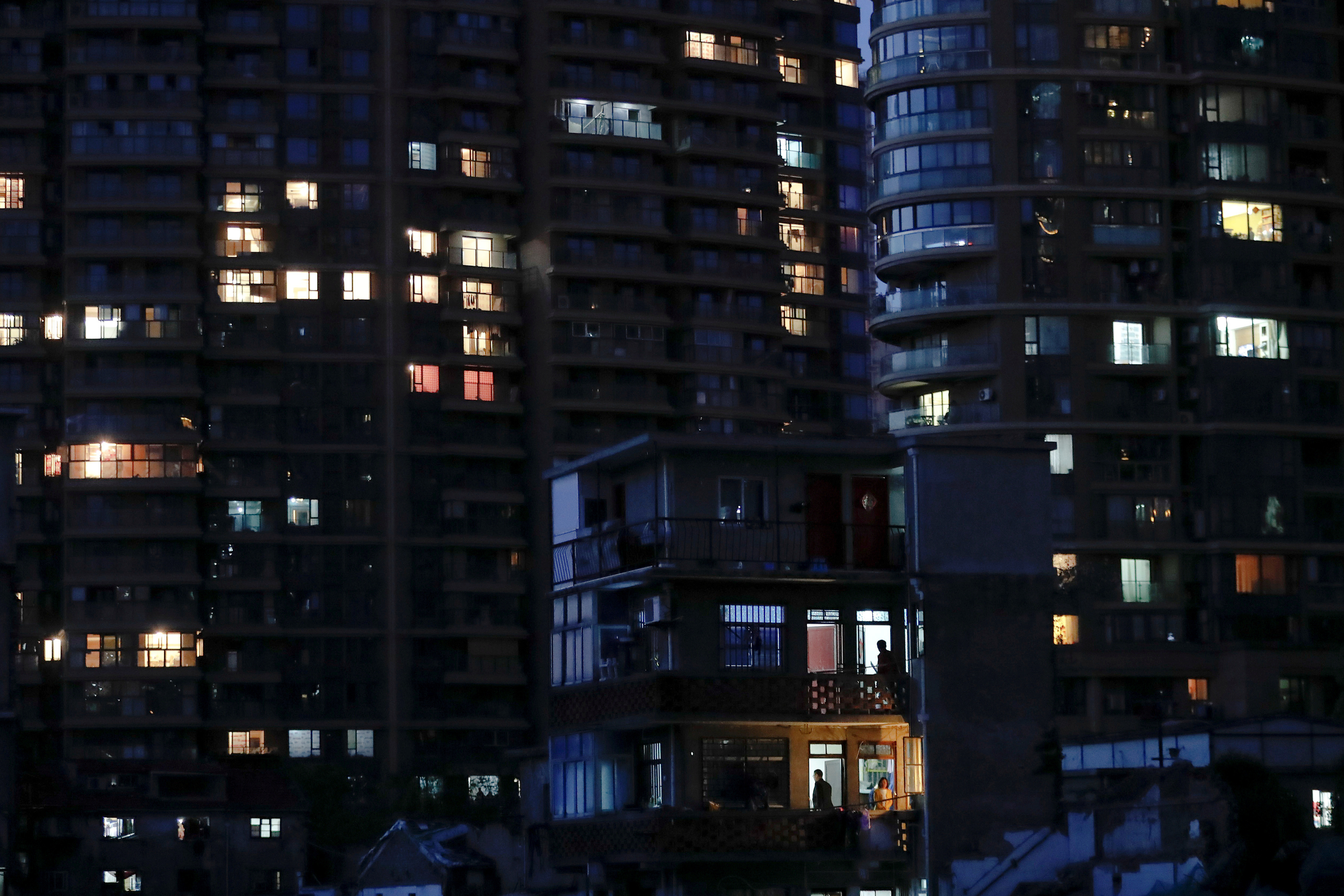China’s property boost has to sway wary banks
[ad_1]

An old house is seen in front of new apartment buildings in Guangfuli neighbourhood, in Shanghai, China, April 18, 2016. REUTERS/Aly Song/File Photo Acquire Licensing Rights
HONG KONG, Nov 15 (Reuters Breakingviews) – Xi Jinping is stuck between debt-ridden developers and risk-shy bankers. The Chinese president’s latest attempt to boost housing through cheap loans is an enlarged version of a 2022 scheme. That didn’t work because lenders balked at increasing their exposure to over-leveraged real estate groups. Xi needs to articulate a broader plan to restore banks’ confidence in the troubled property sector.
The People’s Bank of China plans to provide at least 1 trillion yuan ($137 billion) of low-cost financing to shore up an ailing property market that at its peak accounted for more than 20% of the Chinese economy. Authorities will inject the fund in phases into urban renewal projects and public housing programs through state-directed policy banks, Bloomberg reported on Tuesday. They hope that, eventually, the money will trickle down to homebuyers.
Beijing’s problem is that the cash it doles out may not reach the intended targets because banks are reluctant to pass it on to property developers. The PBOC began providing interest-free loans to state banks in November last year after homebuyers staged nationwide protests and refused to make mortgage payments on unfinished homes. But banks have so far taken up less than 1% of the 200 billion yuan offered by the central bank, according to the Financial Times, due to high risks associated with distressed projects.
Authorities have stepped up efforts to put a floor under a market downturn in which nearly all major private-sector property firms have defaulted. The sour mood stemming from falling house prices is also weighing on consumer confidence and the broader economy.

Xi was grappling with a similar vicious cycle in 2013 when he first came into office. Things only started to change two years later when his administration intensely pushed a policy directive aimed at “destocking” the property sector, or helping developers reduce their inventory of unsold homes. Chinese banks heeded the strong signal coming from Beijing. They started to finance local governments to pay off displaced residents of shantytown redevelopments, who used the money to buy new homes.
That helped to shore up property prices and avert a crash. Paradoxically, that “destocking” led to a quick “restocking” as major developers quickly took on more debt, causing the real estate bubble that Beijing is fighting right now.
Still, simply throwing money at reluctant banks won’t help heal the current real estate wounds. Xi may need to take a page out of his own playbook and come up with an all-encompassing policy to deal with the problem once and for all.
CONTEXT NEWS
The People’s Bank of China plans to inject at least 1 trillion yuan ($137 billion) of low-cost financing into the real…
[ad_2]
Read More: China’s property boost has to sway wary banks
